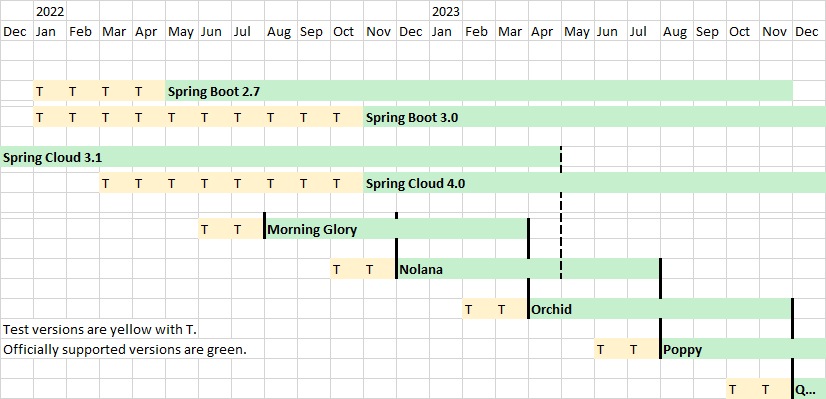MODEXPS-186 "Describe way how to check dependency vulnerabilities during RMB versions upgrade" reads:
Purpose/Overview: We need to increase version of dependencies that have vulnerabilities during RMB versions upgrade
Approach:
Contact with Julian Ladisch how to run vulnerably scanner to identify list of versions that need to be increased. Add step into acceptance criteria of RMB upgrade stories to run this scanner and update versions of these dependencies.
Update Jira template of RMB upgrade story to include this new step to check vulnerable versions.
Is there some misunderstanding?
For each flower release development teams should upgrade all third party dependencies. Either to the latest production ready version, or to an older version that is supported by the third party for the complete period of the FOLIO flower release (if the development team uses some unsupported version it must do security monitoring and prepare for backporting security fixes and for writing security fixes if no fixes are provided by the third party).
These upgrades should be made for all dependencies, regardless of any known vulnerabilities. This is needed to keep hot fixes as small as possible if a vulnerability needs to be back-ported later on.
- If teams commit to updating all of their dependencies on a per-flower-release basis, the need for teams to use a vulnerability scanner is much less.
- When communicating the revised security team processes (see above) to the product owners (via Khalilah), we should also strongly recommend that teams do this.
- Maybe we can get the TC to endorse this and make it official policy?
Update from slack:
@here I just had a conversation with Khalilah, she has a plan for asking teams to regularly update their dependencies each release cycle and will be communicating it out to teams on March 1. Leading up to that we both took some action items:
- Khalilah will create user stories for individual teams/modules to check their dependencies and upgrade them during the bugfix phase of each release cycle (starting with Orchid).
- She will also create user stories for teams to do these checks ~1/2 way through each release cycle to get a better idea for what's coming, and identify inter-team dependencies (e.g. for shared libraries, etc.), and help with planning.
- I will discuss with the Security Team what guidance and/or tool recommendations we can make to help teams identify dependencies which can be updated... I'm thinking there must be a maven plugin or something for backend... and for frontend something like
npm outdated? We can discuss at our meeting on Thursday.
John Coburn have raised the issue there are so many dependencies which need to be upgraded. All we can do is chip away at this in Orchid and Poppy, the expectation being that we'd be caught up by Quesnellia and from there on it should be more doable to keep dependencies up to date on a per-release basis.
Doing the dependency upgrades in the "bugfix" phase of the release cycle is too late. We need to do this prior to the module release deadline. Craig McNally will circle back with Khalilah on this. Maybe there was a misunderstanding. It seems like we don't have enough time to start doing this work in Orchid. Let's plan it out and give teams a more reasonable amount of time, guidance, etc.
As far as providing guidance to teams...
- Julian Ladisch proposed the idea of introducing BOMs for sets of folio dependencies. He will write it up with an example so we can share this with dev teams.
- For frontend yarn outdated should do the trick to identify what needs to be updated.
- For backend we need to find something that performs the same task (maven plugin?) Craig McNally will investigate and provide options.
- Dependabot may be another option. If this is the direction we want to head in, we need to check which repos it's enabled for, etc.
- Julian Ladisch will write it up with an example of the BOM for folio dependencies so we can share this with dev teams.
- For frontend modules "yarn outdated --all" gives you the complete picture.
- Would we be running this at the platform level? Module level? Both?
- Dev teams should run this against their own modules
- It will also be run at the platform level (by stripes architecture?)
- We also have dependabot running in some places - running weekly
- How do we prioritize what get's updated?
- Dependencies with known vulnerabilities should be updated first
- Support periods should be considered as well, but understanding what's supported, for how long may be challenging in itself
- It's very difficult to stay on top of all these dependencies, it may not be realistic to expect to be able to update all outdated dependencies each release cycle
- For backend modules: https://www.mojohaus.org/versions/versions-maven-plugin/examples/display-dependency-updates.html
- This plugin returns a lot of information including potentially unstable versions (release candidates, alphas, etc.) which we don't want teams to upgrade to.
